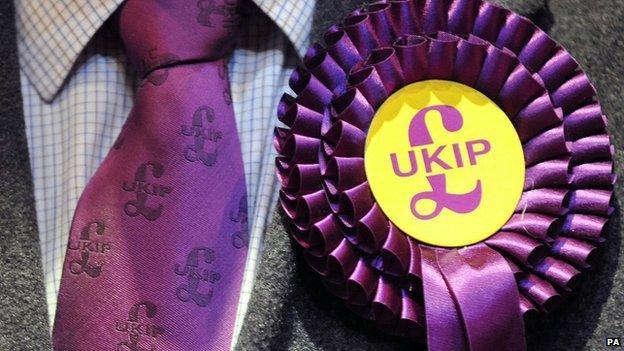Welsh election: Labour support 'lowest since 2010'
- Published
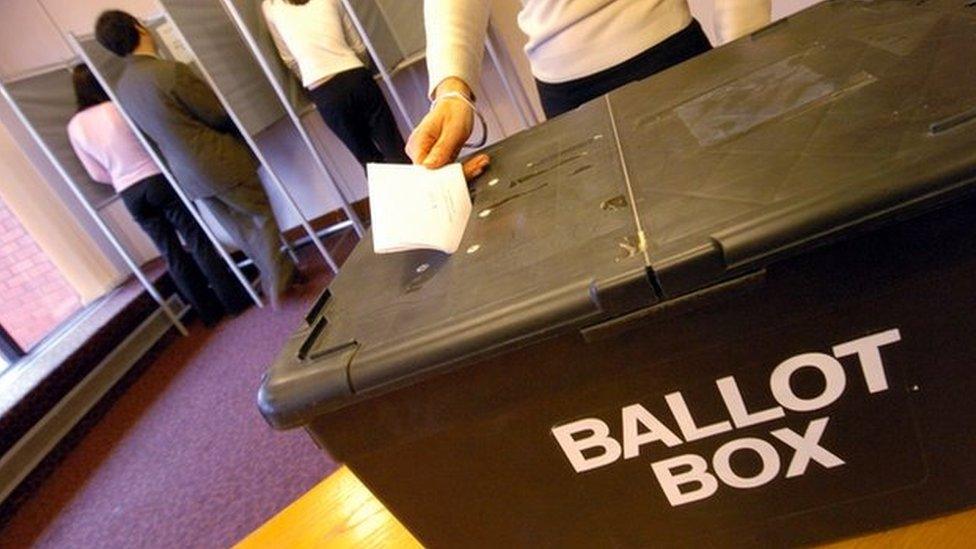
Labour support in Wales has fallen to its lowest level since before the 2010 general election, an opinion poll has suggested.
The latest YouGov poll for ITV Wales puts Labour's constituency vote at 33%, down two points in two weeks.
Prof Roger Scully of Cardiff University said the party remained "some way ahead of the field" but would be "concerned".
Labour First Minister Carwyn Jones said his party has had a "tough five years" in government.
Prof Scully projected, external Labour winning 28 seats, Plaid Cymru 13, Tories 10, UKIP seven and the Lib Dems two.
On constituency votes the data, compiled for the Welsh Election Study from 19-22 April, put the parties on the following:
Labour 33% (down 2 percentage points since 7-11 April)
Plaid Cymru 21% (no change)
Conservatives 19% (no change)
UKIP 15% (down two points)
Liberal Democrats 8% (up two points)
Others 3% (no change).
For the regional lists, where 20 of the 60 AMs are elected using a form of proportional representation, the research indicated:
Labour 29% (down two points)
Plaid Cymru 22% (up two points)
Conservatives 19% (down one point)
UKIP 15% (down one point)
Liberal Democrats 8% (up three points)
Greens 4% (no change)
Others 4% (up one point).
"Labour thus remain some way ahead of the field," said Prof Scully.
"But they must be somewhat concerned that support has edged downwards further: 33% on the constituency vote is Labour's lowest level in any Welsh poll since before the 2010 general election.
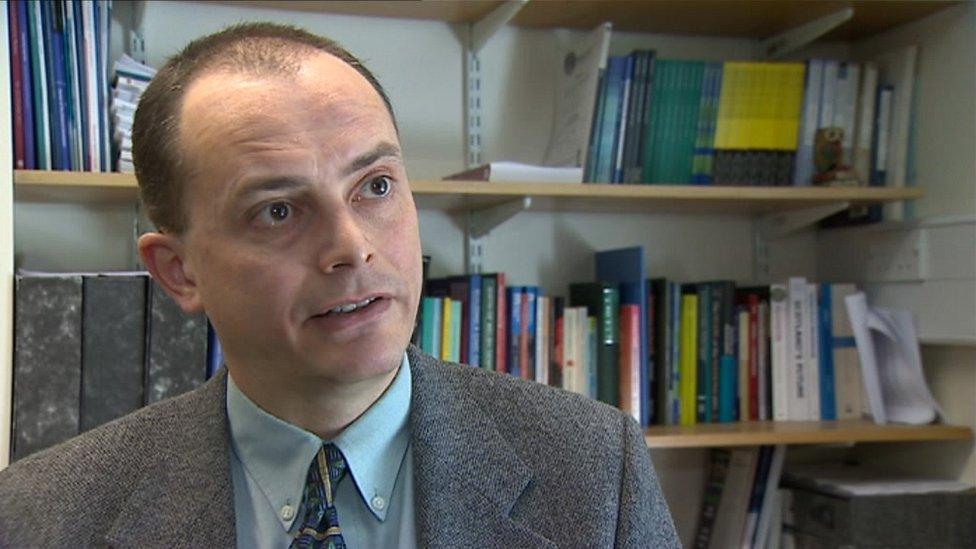
Prof Roger Scully says Welsh Labour benefits from the divided nature of the opposition
"A similar YouGov poll conducted in late April 2011 put Labour on 45% for the constituency vote and 41% for the list vote," he added.
"So Labour are now twelve percentage points lower, on both ballots, than they were at this stage in the electoral cycle before the last assembly election.
"Were Labour's election performance this year to fall below their poll rating - which it has normally done in Wales in recent years - then Labour could be on course for their worst ever vote share in a National Assembly election."
However, Prof Scully pointed out that "the divided opposition leaves Labour well in the lead".
He said Plaid Cymru would be "encouraged that this poll now has them in a clear second place on both ballots".
The Lib Dems had "moderately good polling news" with an increase in support, he said, but their position was "still highly precarious".
'Tough'
Reacting to the poll, Welsh Labour leader Carwyn Jones said it had been a "tough five years" in government for his party.
He said: "Our budget has been cut, there's more competition for votes now than there used to be."
Mr Jones added: "We take nothing for granted, there's a lot of work to do between now and the election.
"We know from last year's election that polls are not always as accurate as people think they are."
Plaid Cymru leader Leanne Wood said her party was "closing the gap with Labour in the polls".
"The 5th of May is Wales' change election. People are telling us all over Wales that we need a change of government, one that will put their interests first," she said.
A spokesman for the Welsh Liberal Democrats said: "We are finding that Kirsty Williams' strong performances in the debates, the hard community work of our teams on the ground, and our positive message for Wales is having an impact."
A Welsh Conservative spokesman said: "Polling 12 months ago proved to be well wide of the mark, and voters increasingly take these snapshots with a large pinch of salt.
"With Labour only one seat from losing power, our superb team of candidates continue to articulate our vision for a better future for Wales, with a protected NHS, enhanced support for small businesses and improved school standards."
A UKIP spokeswoman said: "UKIP's polling is holding steady and we are excited that we are set to get our first group of AMs elected into the Welsh assembly, helping to break the bad legacy of years of Labour rule backed by parties that fail to hold them to account."
The findings were based on a survey of 1,011 people conducted from 19-22 April 2016
- Published11 April 2016

- Published22 March 2016
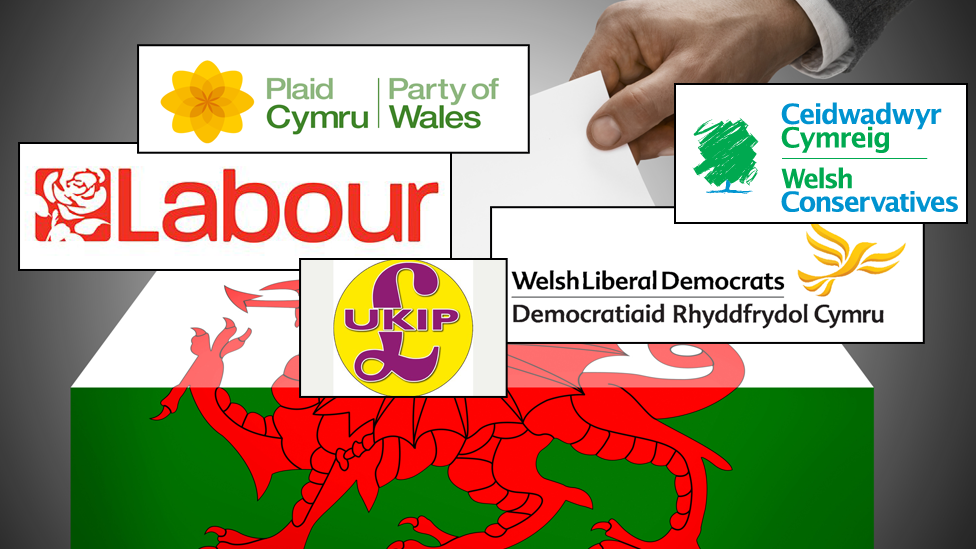
- Published1 March 2016
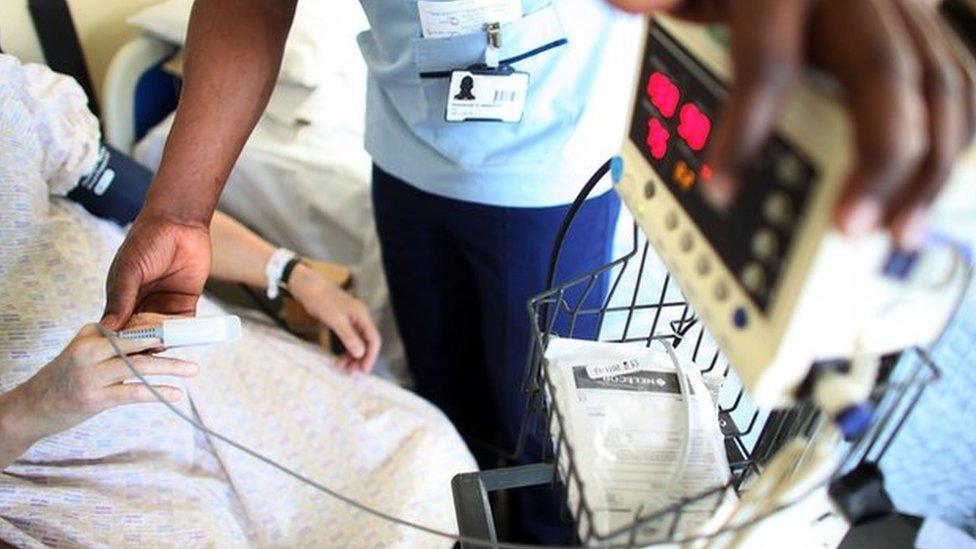
- Published15 February 2016
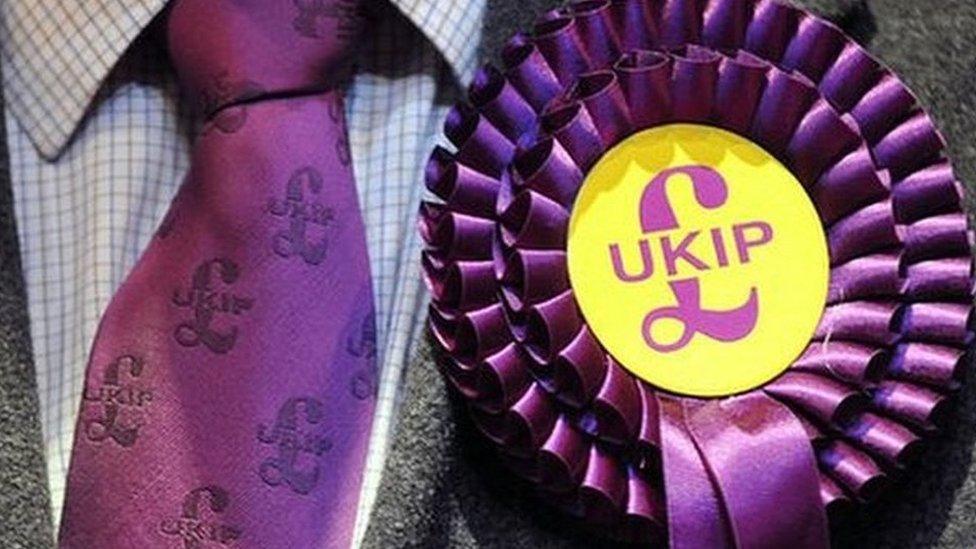
- Published8 December 2015
